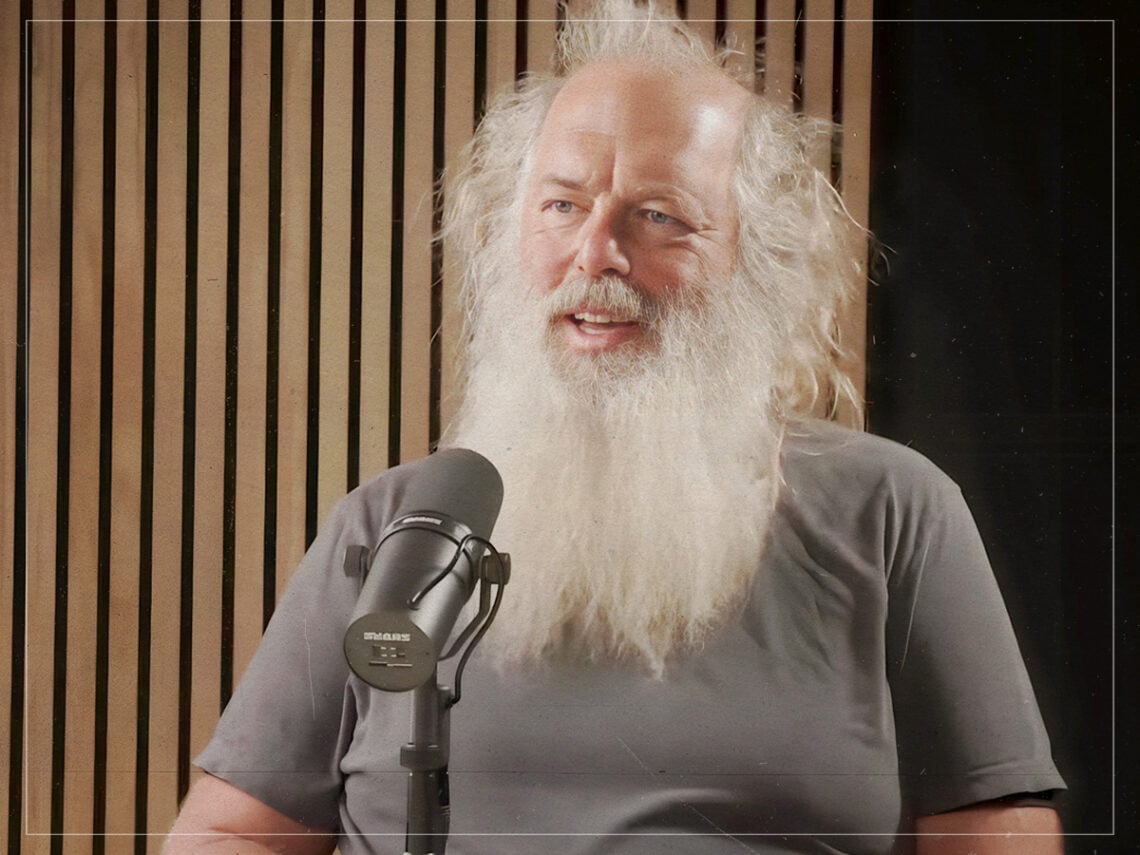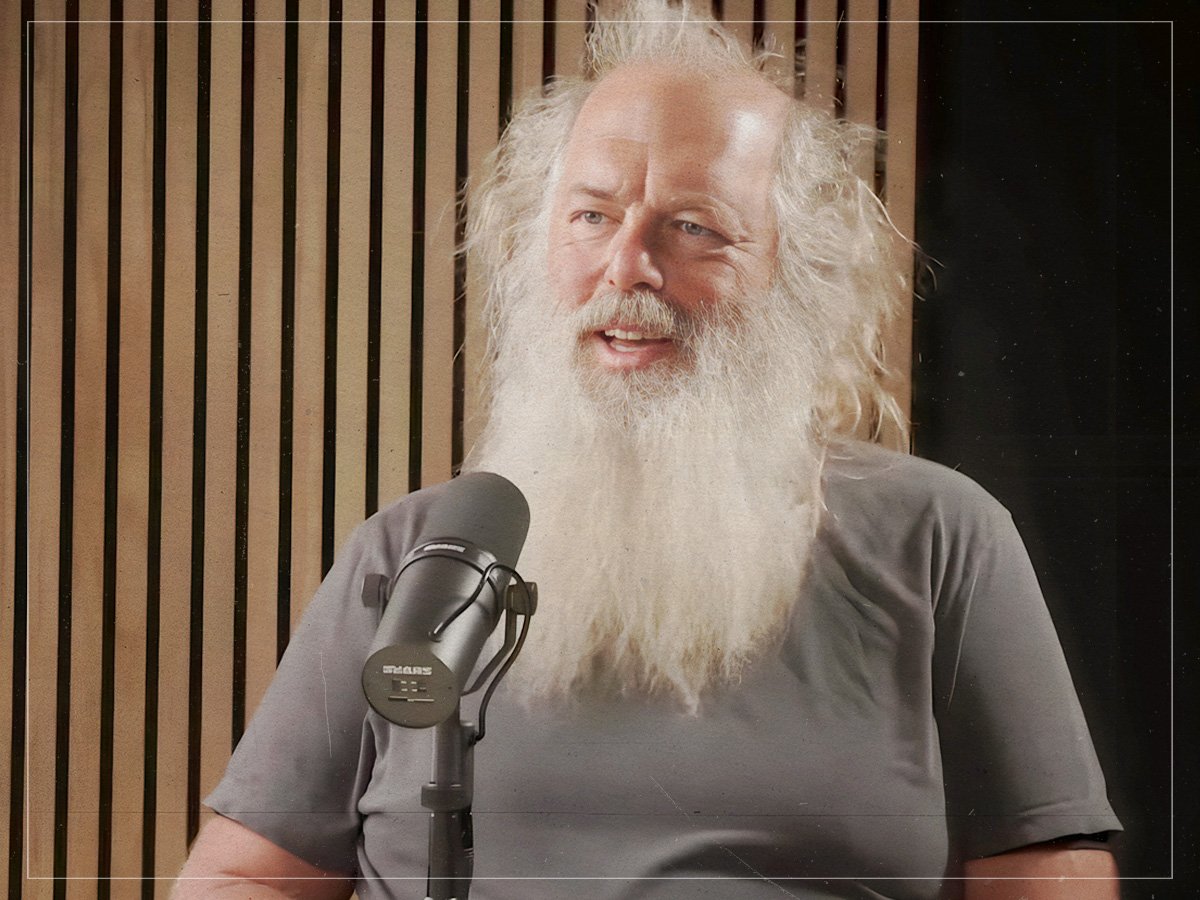
(Credits: Far Out / YouTube Still)
Sun 19 October 2025 18:30, UK
The number-one rule of Rick Rubin relied on never getting tied to any one genre.
As much as he could be an absolute monster working on hip-hop for the rest of his life, there were always different avenues for him to work in that didn’t cater to the Def Jam empire he created. That meant looking after records by everyone from Red Hot Chili Peppers to Tom Petty and Johnny Cash, but Rubin knew that the main thing that every one of his greatest records needed was a sense of passion.
Keep in mind that Rubin was born out of the punk tradition. The whole reason why he had the courage to start a label like Def Jam out of his dorm room in NYU was because he figured that he didn’t need the majors. They wouldn’t have taken a chance on someone like Run-DMC or Beastie Boys anyway, so why not try to make music for himself rather than what the masses want?
While it took the masses only a few years to catch on to what Def Jam was doing, Rubin was already ten steps ahead of the rap game. He helped get the genre off the ground, but once he hit the big time, he wanted to see how far his reach could stretch. He had already started producing the likes of Danzig and even shared studio time with people like Roy Orbison, but nothing seemed to both excite and terrify him as much as hearing Slayer for the first time.
But even with as pitch-black as the thrash legends could be at times, there was a lot of overlap between what they were doing and where Rubin grew up. They were far more interested in following their idols like Iron Maiden, but buried in those riffs was a healthy respect for genres like hardcore punk as well, which explains why one of their classics is among the shortest records in thrash history.
Then again, it’s hard to find anything wrong with Reign in Blood throughout its runtime, either. The band condensed everything great about their sound into less than a half hour, and yet by the time that you reach the end of ‘Raining Blood’, it feels like you just got suckerpunched by music. Not every lyric was the most wholesome thing in the world, but Rubin knew that what they were doing was what metal needed to evolve.
There had been enough Black Sabbaths in the world, and bringing Slayer to the masses felt like the next step for Rubin, saying, “It felt dangerous and important and special and unlike anything else going on. You felt it at the shows; you felt a kind of power in the room that I had just not seen before–and, you know, I had grown up on heavy metal music.” And compared to the other thrash bands like Metallica, Slayer had an entire army laying at their feet after gaining traction.
Countless metal fans would have flashed the horns during a show by Judas Priest or Dio, but given how intense Slayer’s shows could be, it was important to enter the pit at your own risk. They played with full intensity on every single tune, and even when they slowed things down and got a lot more doomy on their later records, there was still a risk for anyone in that crowd to leave with a few bloody noses and broken bones.
Even if it seemed more than a little bit dangerous for the average music fan, it was far from the evil experience everyone made it out to be. The likes of Tipper Gore may have wanted to censor this kind of music from their children, but had kids not had an outlet like this to air out their anger, there’s a good chance that kids would have had no proper way to express themselves.
Related Topics

